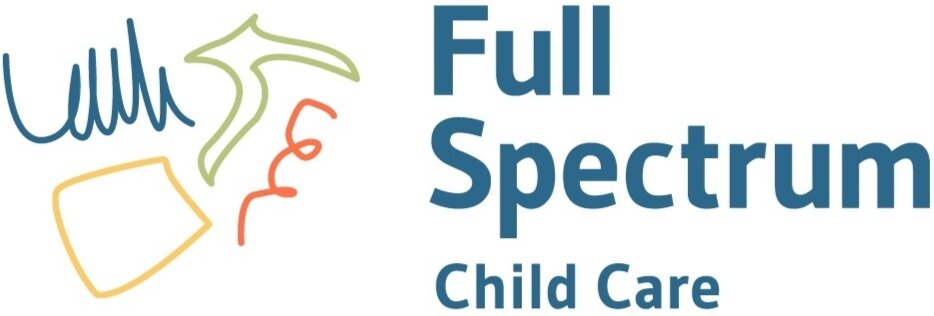An Introduction to Ableism
Within our current society, there are many forms of ‘isms’ that describe how individuals can both unknowingly and knowingly discriminate against a group of people. For example, a common ‘ism’ that many people in our society choose to acknowledge and condemn is racism, which is prejudice or discrimination against an often marginalized or minority ethnic group based upon one’s personal understanding (or lack thereof) of that group of people. Some other examples of ‘isms’ include ageism (prejudice against one’s age) , sexism (prejudice against one’s identified sexual orientation), anti-semitism (prejudice against one’s religious practices), and classism (prejudice against one’s socio-economical class standing)- just to name a few. Every ‘ism’ uses damaging stereotypes, misconceptions, and over generalizations about a targeted demographic group in order to justify negating their entire culture and way of life, societal experiences, and/or overall existence. In this case, ableism is classified as the discrimination of and social prejudice against individuals with disabilities based upon the idea that able-bodied people are superior. The ideas and beliefs that ableists have are ultimately grounded in the notion that people with disabilities are immensely ‘dependent’, ‘weak’, and in need of ‘fixing’.
In the article,”How Ableism Affects People with Disabilities” by Nathan and Finn from Disabilities, Opportunities, Interworking and Technology (DO-IT), one womxn named Lindsey who uses a power chair affirms: “I have experienced ableism on the UW campus because of all the stairs…[which makes] traveling take longer and planning how to get around campus a challenge”. In addition, “Cheyann, who is blind, uses a cane and often asks people for directions. “People see me as fragile,” she said. “I was walking in the pool and my hands were out to protect me. A man ran out, screaming at me, trying to grab my hands,” she described an experience that stood out to her. “It just annoyed me that people assume I’m doing something wrong.”” (DO-IT, 2018). Unfortunately, stories like Cheyann and Lindsey’s are not uncommon on college campuses, nor in the “real world”.
According to Access Living, a 40 year-old independent non-profit dedicated to the “fight for disability equity, inclusion, and justice”, ableism comes in many forms including “Lack of compliance with disability rights laws like the Americans with Disabilities Act 1990 (ADA)”, “Failing to incorporate accessibility into building design plans”, “Buildings without braille on signs, elevator buttons, etc.”, “Building inaccessible websites” and “Refusing to provide reasonable accommodations” (Ableism 101, Access Living). While the previous examples were specific to institutions or businesses, some common forms of ableism that we see in our everyday lives, and may be guilty of doing ourselves within our professional and/or personal lives, includes “Using someone else’s mobility device as a hand or foot rest”, “Using the accessible bathroom stall when you are able to use the non-accessible stall without pain or risk of injury”, “Talking to a person with a disability like they are a child, talking about them instead of directly to them, or speaking for them”, or “Assuming people have to have a visible disability to actually be disabled” (Ableism 101, Access Living). Lastly, ableism doesn’t always have to come in the form of critiquing our environment or best practices, but also the language we use. Using words such as “crazy”, “retarded”, or “psycho” to describe someone or even downplaying a serious disability, such as OCD or depression, are common ways people indirectly showcase disability as something negative or not to be taken seriously.
Everyone has ‘isms’ and if during reading this article, you found yourself cringing at previous behavior or reminiscing about “that one time”, it is okay. It is important to create safe spaces for people to educate themselves and acknowledge their mistakes without being savagely ridiculed. When I arrived at UCLA, the last thing on my mind was questioning its accessibility for students with disabilities or acknowledging how much different my experience is compared to my counterparts with disabilities. It wasn’t until I minored in Disability Studies that I had to admittedly check my own privilege as an able-bodied student at UCLA, and in the world.
If you’re not staying aware or knowledgeable about ableism, it can easily go under the radar. Ableism is an ‘ism’ that is often overlooked and forgotten in conversation because the society we live in wasn’t built with people with disabilities in mind. As a result, we have to be more intentional about dismantling ableism through lifelong learning and including people with disabilities not only in discussions, but in everyday life.
